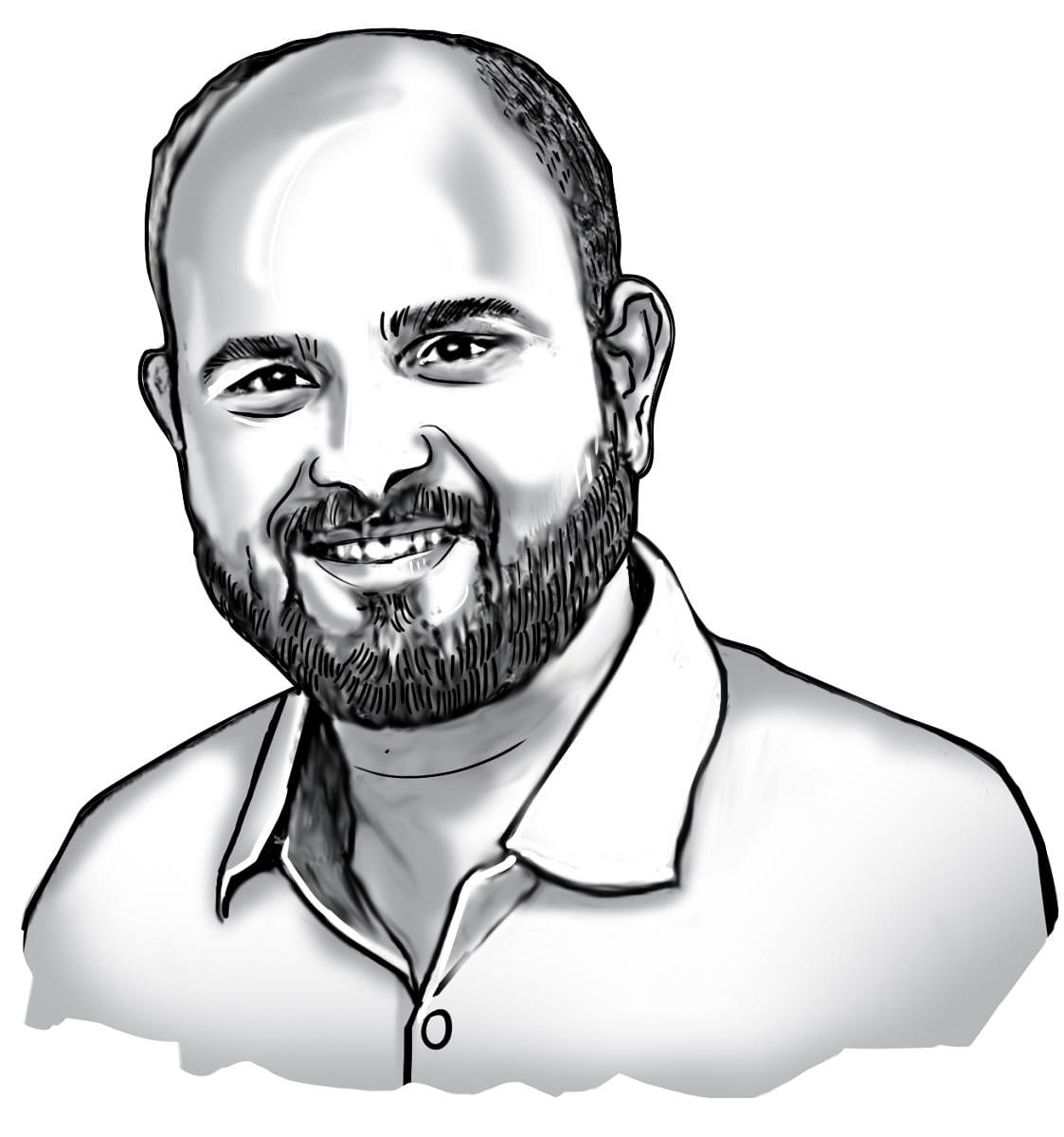
This writer has long maintained that if Delhi is the capital and Uttar Pradesh the largest state, India will not progress as both these ideas represent its worst qualities. Both are federal disasters, and despite their best efforts to paper over them, they display their true selves. Their strategic importance and size mean they amass outsized political and economic resources. One institution in Delhi demonstrates why we need to move on from Delhi as our capital.
In the light of Disha Ravi’s arrest, we saw Delhi Police trample over norms of federalism, principles of jurisdiction and autonomy over policing, while the Constitution places policing in the State List. In one blow, it arrested her without adhering to established protocol. It acted with such alacrity on flimsy reasons, making a fool of itself. All this took away attention from fuel price rise and even farm agitation itself.
After the rap it got from the Delhi High Court over the arrest, several questions arise over Delhi Police’s spotty recent past. If this police force was so agile, how come it was standing by the side of one leader, allowing him to incite a mob, thus starting the riots in north-east Delhi last year? Where are the invaders and perpetrators who vandalised property and assaulted students at Jawaharlal Nehru University and Jamia Milia Islamia? What of its role during the recent Republic Day incidents?
Public memory today has never been so short or made so selective. When every criticism of the government is read only as partisan support for a non-existent political opposition at the Centre, you know that democratic public discourse has plummeted. After Disha Ravi’s arrest, votaries of the government and elected representatives from the governing party labelled the climate activist in pathetic ways. Those who differed with them got branded as well. Will they apologise now? Was what they said not incitement? What was law enforcement doing? Why did it look away? Isn’t the damage done? Should such people not be treated the way Disha Ravi was?
Scholarship in the field of media studies has shown that when maligning and malicious news take root and are made to go viral, it’s very tough to undo its damage, even if the news or perception has been checked and proven as false or misleading. In the minds of many Indians today, there exists a tukde-tukde gang. But responding to an RTI query from activist Saket Gokhale in January 2020, the Home ministry officially said it had no information on any such group. The claim is hot air. But students from one university, or people with differing viewpoints, have been smeared forever. Again, where is the police action on all those who fuelled such falsehoods? So many of those who spread these lies are in Delhi.
At a very violent phase of the Black Lives Matter agitations in June 2020, Donald Trump fanned the flames, instead of dousing them. In a phone call with state governors, he blamed them for being “weak”. He tried to wrench American federalism. Appearing on CNN’s Amanpour show, Houston Police Chief Art Acevedo said: “Let me just say this to the President of the United States, on behalf of the police chiefs of this country: Please, if you don’t have something constructive to say, keep your mouth shut.”
The First Amendment of the American Constitution protects freedom of speech. And here was a cop who chose to exercise it to put no less than the President of the United States in his place. What police chief in India could say that when our political class shouts “goli maro gaddaron ko…” and other incitements? Delhi Police has had many occasions to express such thoughts.
Delhi Police’s behaviour makes it very hard to not see it as putty in the hands of the government. There hasn’t been a whiff of criticism from former officers of repute against what it did. Common citizens don’t have a good opinion of the police. Institutions such as Delhi Police show that that reputation is deserved. Shouldn’t Delhi Police be punished for what it did? Should that punishment not be exemplary?